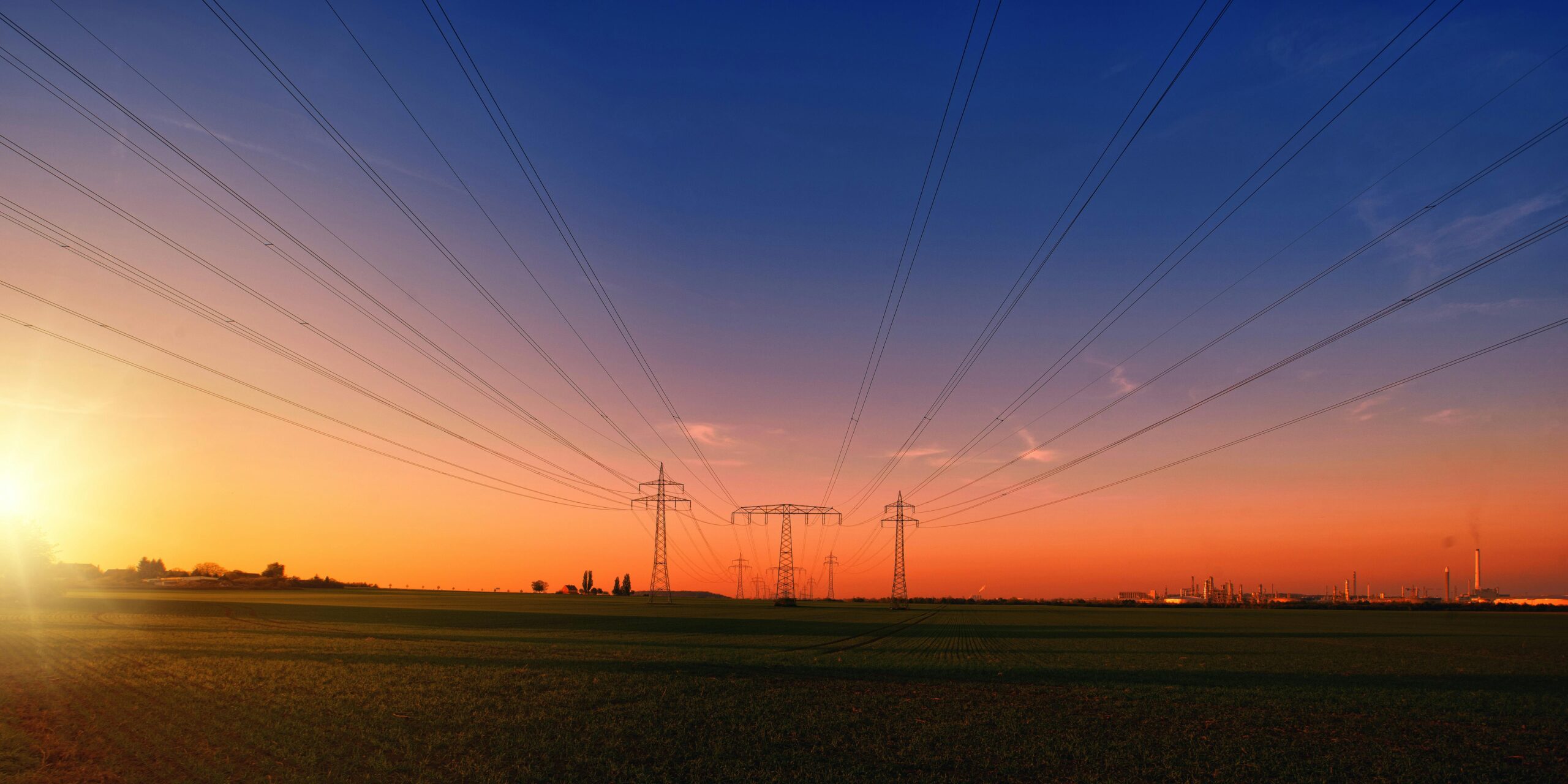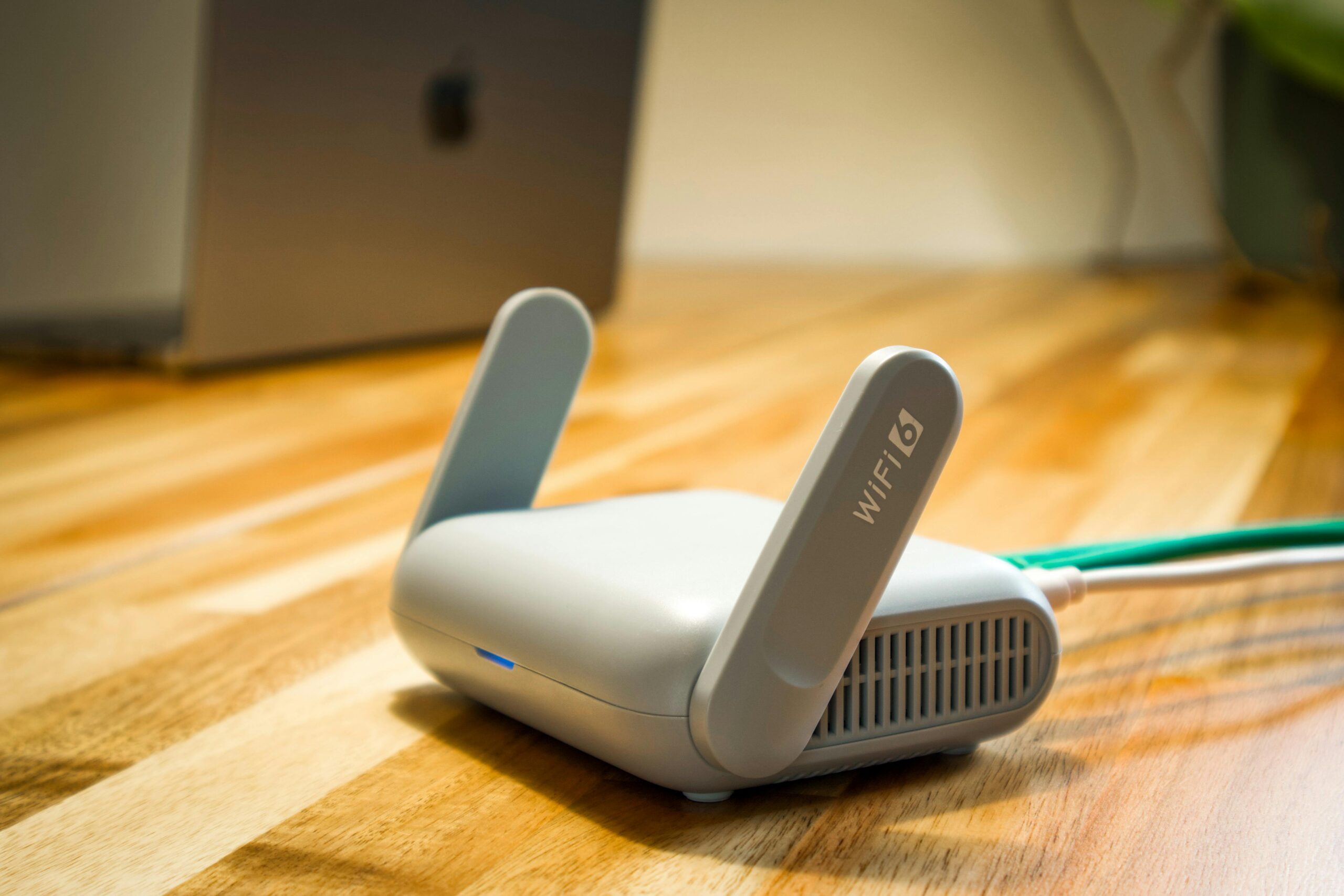Every device you charge—your phone, laptop, or tablet—has a carbon footprint, and when you plug it in matters. Charging during off-peak hours not only reduces your electricity bill but also eases the burden on power grids during high-demand periods, decreasing the reliance on carbon-intensive energy sources.
By shifting your charging habits to times when renewable energy is more available and the grid is under less stress, you actively support SDG 7 – Affordable and Clean Energy, promoting energy efficiency, cost savings, and a cleaner energy future for all.
Why This Small Action Matters
- Off-peak charging helps reduce fossil fuel reliance. Grid demand peaks in the evening, when utilities often turn to backup fossil fuel sources. Charging during low-demand hours reduces this need, directly lowering carbon emissions (Source: EIA.gov).
- Time-of-Use (TOU) pricing can cut costs by 5–10% or more for households that shift just some energy use to off-peak hours (Source: PublicPower.org).
- Over 10% of U.S. households are now enrolled in time-varying rates, a sign that consumer behavior is shifting toward smarter energy use and demand flexibility (Source: LBNL Report, 2024).
- TOU programs lower peak demand significantly, especially during summer and evening hours, by nudging users toward habits like off-peak charging (Source: RFF Meta-analysis).
How to Do It
- Find your off-peak hours. Most utility providers share this on their website. It’s often late night or early morning (e.g., 11 PM–6 AM).
- Charge smarter. Plug in phones, tablets, or laptops before bed or schedule them to start charging after peak hours using built-in timers or smart plugs.
- Apply it broadly. Shift other tasks—like dish-washing, laundry, or running electric vehicles—into off-peak times when possible.
Bottom Line
Shift your charge, shrink your impact.
Just changing when you plug in can lower emissions and save you money—starting tonight.




